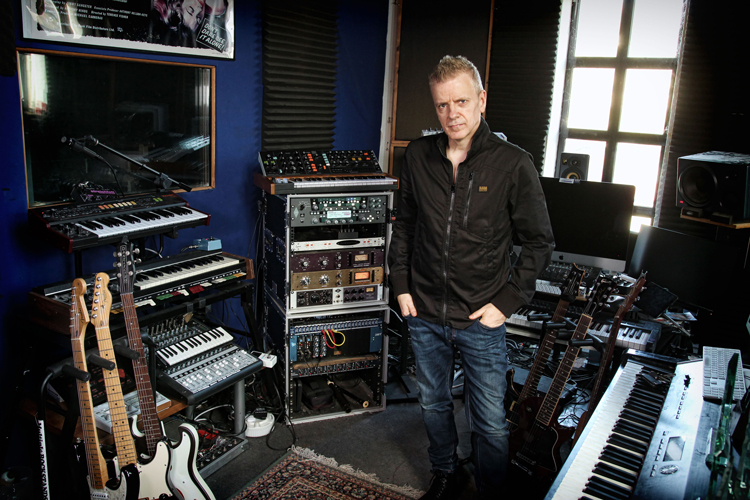Recent year-end rituals have grown to include a plethora of best-ten lists in the progressive rock community. Sadly, though, for each recording highlighted, there are several others neglected. And the constant avalanche of new releases has meant that even recordings of note one year are all but forgotten the next. While I am thankful for the never-ending stream of amazing new music to explore, it is impossible to keep up. Couldn’t yet tell you my best-ten picks for 2021 because I simply haven’t finished listening to all the candidates. So instead, I call your attention to ten special recordings, in no particular order, that might have escaped your attention over the past decade.
In Flight by Damanek (2018, Giant Electric Pea)
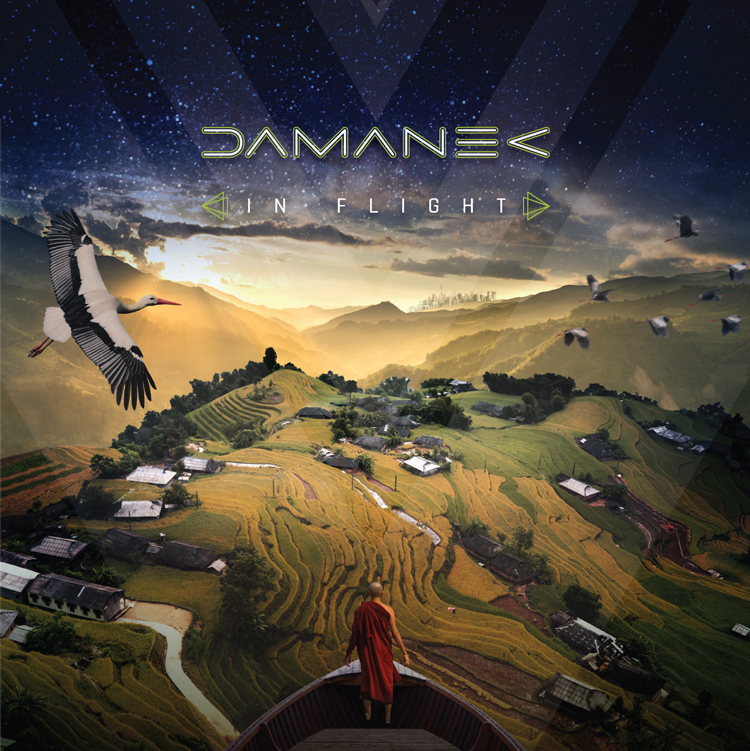
This British group’s head honcho, Guy Manning, used to lament that none of his warm and fuzzy progrock recordings ever rose to the level of such progrock greats as Genesis, Yes, or Jethro Tull. As ridiculously humble as that lament used to be, there is no arguing that In Flight’s thirty minute epic closer, “Big Eastern,” is a symphonic progressive rock masterpiece I’d place right alongside “Super’s Ready.” It brilliantly, empathetically takes the listener on a poor Chinese family’s immigration to the United States.
Beneath The Waves by Compendium (2012, Seven Stones Records)
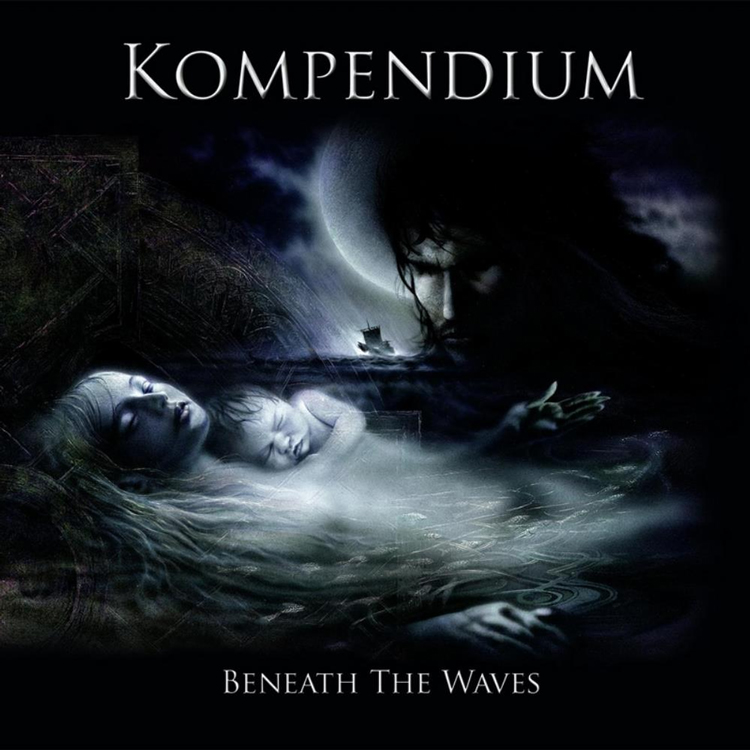
Compendium is a side project by Magenta lead composer Rob Reed, and this debut recording is a brooding concept work about a sailor’s tragic loss. The listener is swept along on lush, Celtic-infused melodies in one of Reed’s more moving works.
Figureheads by Theo (2020, Generation Prog Records)

This U.S. group was formed by jazz pianist Jim Alfredson, lovingly inspired by such usual progrock suspects as Yes and Genesis. Theo’s second recording features four tracks ranging from ten to sixteen minutes long, and is very much in the Genesis camp circa Wind And Wuthering. Of special note is the fifteen minute “Man of Action,” clearly inspired by the frightful rise of Trump, but every track is excellent. I especially like the understated conclusion to “The Garden,” and how it’s reprised in much more grandiose form, “Los Endos” style, on the closing epic, “Portents & Providence.”
Laissez Passer by Tootard (2017, Glitterbeat)

Tootard is a Palestinian trio on guitars and drums with occasional piano, saxophone, and Arabic vocals. Each of their three-to-five-minute pieces packs plenty of uplifting folk music energy, with “Sahra” being an especially well-developed workout.
Amazingous by Cheeto’s Magazine (2019, self released)

Prog with a sense of humor! This Barcelona group’s manically arranged, earworm-laden compositions feature a vocalist who sounds like the Cookie Monster from Sesame Street one moment, and Beatles-quality harmonizing the next. Infectious as can be, their 25-minute closer, “Big Boy,” lays to rest any concerns that recent progrock music is no match for the 1970s, and its final two chords simply have to be heard to be believed.
The Mystery of The Cosmic Sorrow by Eternal Wanderers (2016, MALS)
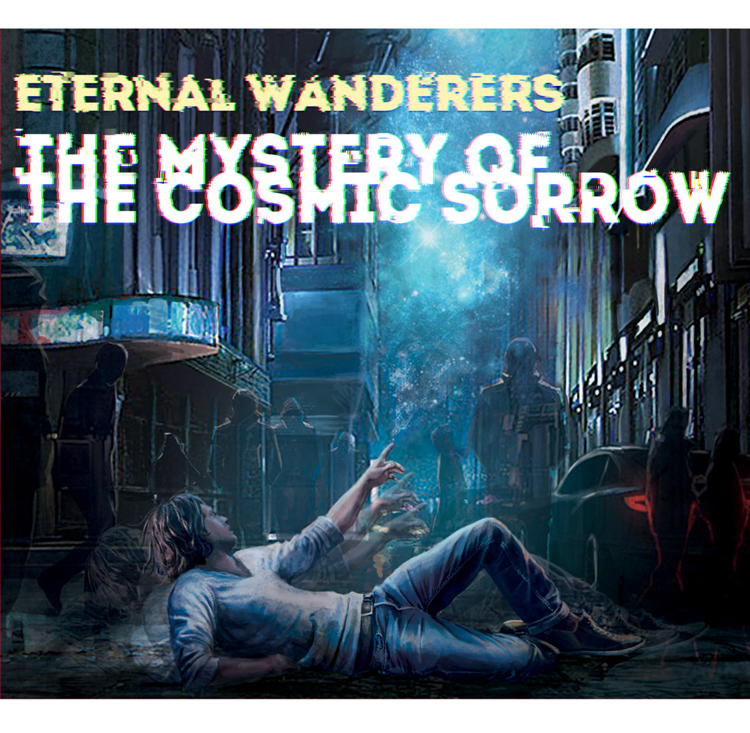
Eternal Wanderers is a Russian quartet spearheaded by sisters Elena and Tatyana Kanevskaya on guitars, keyboards, and vocals. Their double-album third release continues in their previous vein of brooding, spacey, classical-music inflected progrock, but takes it all up a notch. “The End of The Satellite Age” is a 23-minute journey wonderfully eclectic for primal beats one minute, classical music the next, by turns complex and minimalist, all building to a mystically dramatic conclusion.
Lost And Found by The Samurai of Prog (2016, Seacrest)

Thanks to their collaboration with musicians worldwide, this progrock trio consisting of Marco Bernard, Steve Unruh and Kimmo Pörsti have put out albums at a manic pace. But what makes Lost And Found especially noteworthy is that it really opens the vault on 1970’s progrock epics that were never properly recorded. As a result of this “progressive rock musicological restoration project,” we can enjoy best-ever compositions by Lift, Cathedral and Quill, among others.
“Inception” and “She (Who Must Be Obeyed)” are great pieces in the vein of vintage Yes. But Quill’s nearly-hour-long “The Demise” takes top honors. Endlessly fascinating, it by-and-large succeeds where some other pieces of such length never quite jell.
Catharsis by Nick Magnus (2019, Magick Nuns Records)
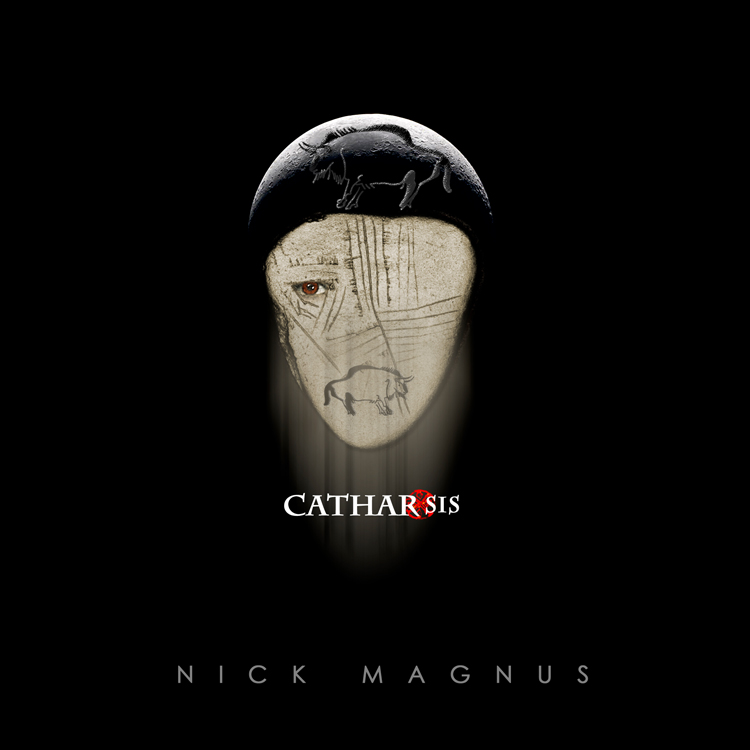
A former keyboard player in Steve Hackett’s post-Genesis band, Nick has been recording haunting, cinematically-tinged tunes for the past several years. Catharsis is his masterwork, though, inspired by his love for the Ariège region of France. We enjoy a sonic tour through ancient ruins, beautiful scenery and busy town shops, all culminating in the epic closer, “Mountain Mother,” that takes us deeper and deeper into caverns filled with prehistoric paintings. Here’s hoping there are other favored parts of the world for Nick Magnus!
Jaume I by Robert Santamaria and Ensemble Spatium (2021, Purita Casa Musica)
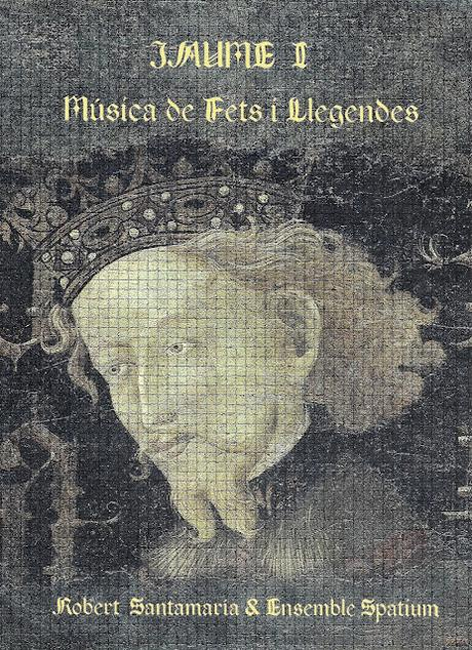
Robert Santamaria is a former paleontologist who turned to progressive folk music tinged by progrock with his Spanish/Catalan group, Amarok. Over the past three decades, though, he also labored on a concept work about a Spanish historical figure from the late 1200s/early 1300s who ruled with an eye towards the middle east. The result musically depicts King Jaime I’s ups and downs, very much in the folky vein of Amarok including vocalist Marta Segura. By far the most complex, melodic work Robert has ever recorded (including a hint of Mellotron in just the right places!), it all builds to a very moving, satisfying conclusion.
Steve Hackett
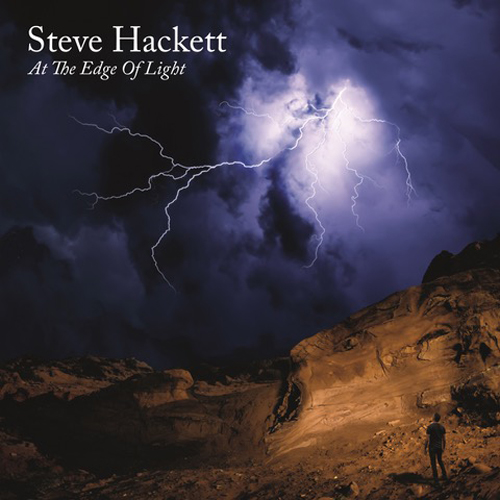
Finally, I would like to feature particular pieces from two different recordings by Steve Hackett. “Black Thunder” on Wolflight and “Underground Railroad” on At The Edge of Night musically depict the plight of African Americans during the slave era in the United States. They are among the best pieces he’s ever recorded, wonderfully movingly evocative in their quirky constructions, conjuring people in flight towards freedom. Two more pieces like this, and I’d say he had himself a complete symphony clearly on a par, if not surpassing, Dvorak’s New World Symphony.
All this wonderful music is such a blessing!
(headline photo: Robert Reed)

